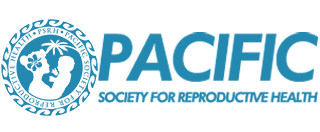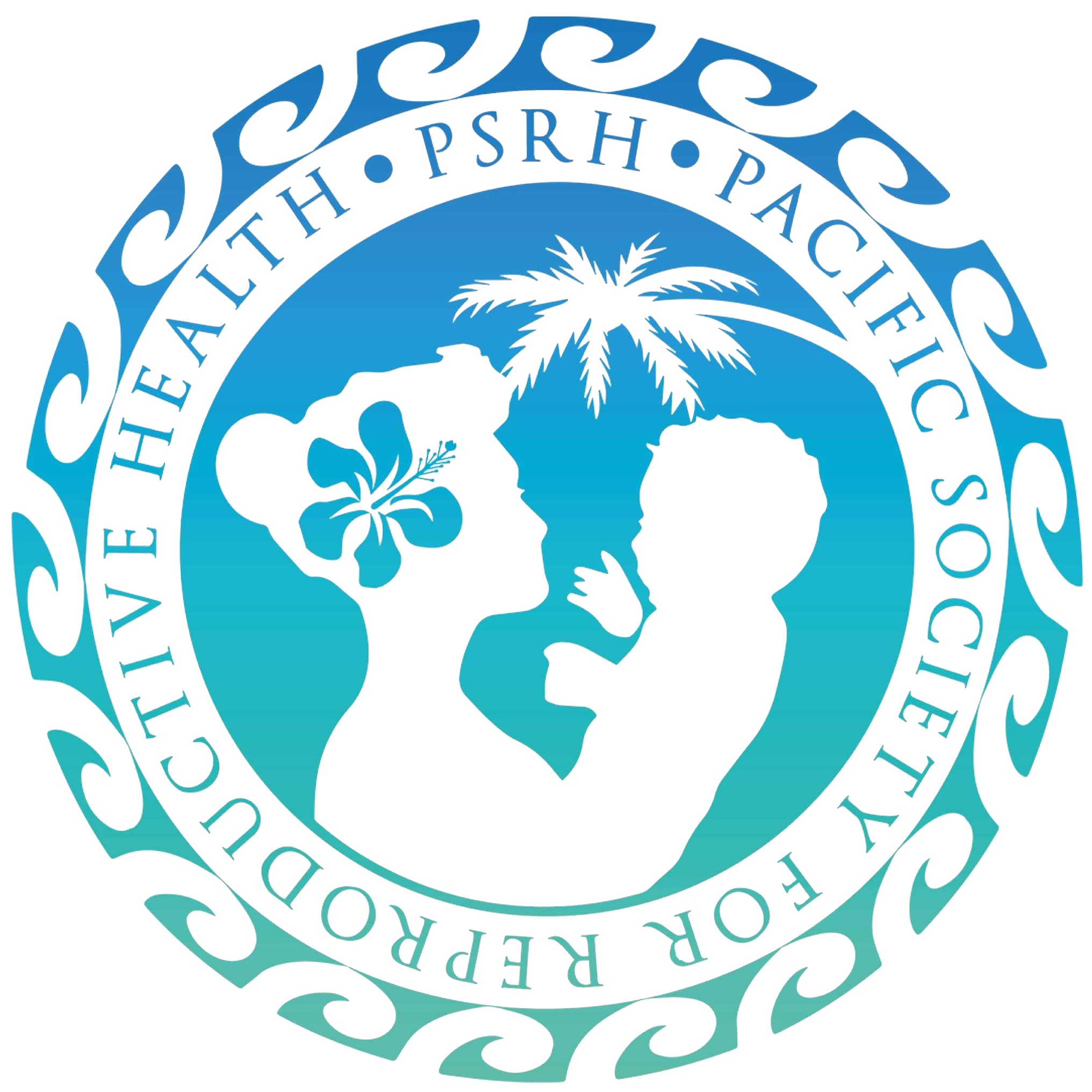Papua New Guinea – Annual symposium of the PNG Society of O&G
Dr Mary Bagita
The annual scientific symposium was held in Madang during 29-31 August. The President, Dr Mary Bagita delivered the opening address and highlighted the theme of the meeting to focus on adolescent health, “Adolescent Health – a growing challenge”.
It was pleasing to see large numbers of O&G Specialists, clinicians, health extension officers, nurses and midwives turn up to the meeting. The host team in Madang, Dr John Bolnga and his colleagues extended a warm welcome to the visitors and made special efforts to keep the discussions interesting and dynamic. The Society also managed to hold its annual general meeting with its members to discuss its business.
At its opening session, a moment of silence was observed in remembrance of Dr John Maku who passed on during the course of the last 12 months. Dr Maku was an expert Paediatrician who dedicated his life in serving his people. The President provided an excellent opening speech which highlighted the achievements of the Society despite the many challenges in providing health care in PNG. She paid tribute to two women: Ms Carmel Walker of the Royal Aust and NZ College of Obstetricians and Gynaecologists and Dr Rufina Latu from WHO, both of whom have made significant support and contribution to the work of the PNG O&G Society and overall support in the Pacific region through the Pacific Society of Reproductive Health. Both ladies recently retired from their respective organisations in June 2018.
As was the practice in previous O&G annual symposium, Provincial SMOs made presentations on maternal and newborn statistics and described achievements and challenges. The keynote address was given by Mr Koffi Kouame, UNFPA Country Representative in PNG. Other speakers included representatives from National Dept of Health, WHO, UNFPA, IPPF and Port Moresby General hospital. Mr Moses Sariki from the Madang Provincial Education Office spoke on the need for educating our young people on Adolescent Sexual and Reproductive Health Issues in PNG. Other relevant topics in line with the theme included: update on the HPV Vaccination, mental health and youth-friendly services. One of the main areas for discussion was prevention of adolescent pregnancy and supporting adolescents to use effective contraception. A panel group discussed how to manage minority groups that oppose contraception.
One of the highlights of the conference was the presentation of research projects by postgraduate students attending University of Papua New Guinea medical school.
The research topics included:
- Reasons for not booking to ANC and comparing with the fetal and maternal outcomes for the booked mothers at Popondetta General Hospital – Dr Thomas Aiyak
- Prevalence of Gestational Diabetes at Vunapope General Hospital – Dr Christine Tipayamb
- Socio-demographic factors in IUD users at Kundiawa Hospital – Dr Megan Kona
- A retrospective analysis of the Primary Indications of Caesarean Sections and the Maternal and Fetal Outcomes over 12 months at Kimbe General Hospital – Dr Samson Vava
- Factors associated with initial Antenatal Care Visit at Buka General Hospital – Dr Oliver Ketauwo
- Adolescent Pregnancy: A prospective study demonstrating the demographics and pregnancy outcomes in adolescents at Kavieng General Hospital – Dr Pauline Masta
- Births before Arrival (BBA): Contributing Factors to BBA and Maternal and Fetal Outcomes at Modilon General Hospital – Dr Wendy Sapau
The 2018 symposium concluded with a panel to discuss “the Way Forward for Reproductive and Maternal Health in PNG, focusing on Adolescent Health”. The panel was followed with a session to agree on the Resolutions of the meeting. The 2018 O&G Symposium identified the following Resolutions and proposed that the Society and its members take action in order to improve reproductive and maternal-newborn health, with special emphasis on adolescent health.
- RESOLUTION 1: Prevention of Adolescent Pregnancy
- RESOLUTION 2: Strengthen Adolescent Reproductive Health Services
- RESOLUTION 3: Strengthen Maternal Death Reviews to reduce maternal deaths



